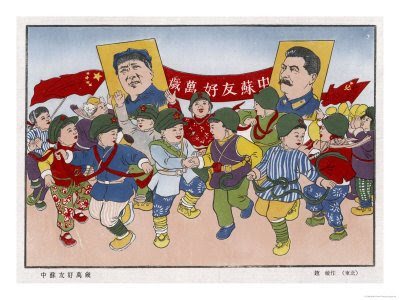I really don't like the quite cynical playing up of Remembrance as a 'patriotic' holiday, nor as as something to bash people over the head with - the clue's in the name, it's supposed to be about remembering how lucky we are.
You'd think the clue would be that it commemorates an
armistice, the mutual conclusion of fighting. Not a declaration, not a victory, just people
ceasing to kill each other. That's supposed to invoke a sense of relief and, gradually, mournfulness, not chest-beating. The evolution of the commemorations from a pacifistic memorial into a nationalistic, militaristic celebration is perverse on so many levels, it's honestly hard for me to find a redeeming angle to it.

Recently I've struggled with the whole notion of the poppy: it's been so co-opted by right-wing politics that to wear a red poppy feels like playing their game, as if you're going to have your photo on a BNP facebook page captioned 'VETERANS SUPPORT BRITISH VALUES WHILE IMMIGRANTS DO HORRIBLE THINGS'. I'd like to wear a white poppy but that's equally been taken over as a symbol of what you might call 'extreme pacifism', and wearing no poppy feels wrong: one wants to stand out from the remarkably large number of people who seem to take no notice. On one level, mind, I'm glad that so many people don't see Remembrance Day as anything to get particularly excited about; the generation growing up now, by and large, is far enough removed from the reality of war that the people being commemorated are abstract to them. That can only be a good thing.
That's an interesting point. I tend to think of the white poppy as a natural alternative, but you're right, the association with avowedly anti-military elements of the left is going to make it a hard swallow for some people, not because they're bloodthirsty militarists, but just because for all the confident proclamations of radicals (and I'll cop to this one), a lot of people have a more complex relationship with the military than can be easily encompassed in neat Marxist schematics.
(There is also
the black poppy, which commemorates mutineers, deserters and general shirkers, but unfortunately, like most anarchist symbolism, the only people who have the slightest clue what it means are other anarchists.)




